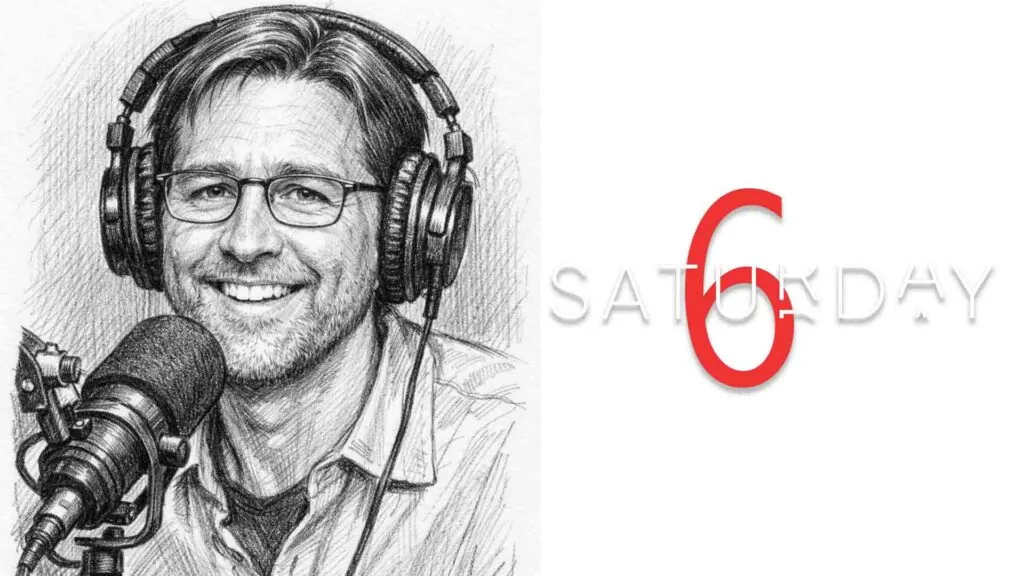The first week after Vicky Osterweil’s book In Defense of Looting was published, its initial media coverage was positive, via an interview with US public broadcaster NPR. There the author made it clear that the title was not hyperbole, but accurately summed up the book’s message. Osterweil told NPR’s Natalie Escobar that looting was valuable because:
Looting strikes at the heart of property, of whiteness and of the police. It gets to the very root of the way those three things are interconnected. And also it provides people with an imaginative sense of freedom and pleasure and helps them imagine a world that could be. ….in terms of potential crimes that people can commit against the state, it’s basically nonviolent. You’re mass shoplifting. Most stores are insured; it’s just hurting insurance companies on some level. It’s just money. It’s just property. It’s not actually hurting any people.
Vicky is clearly confused about what happens to a business’s insurance rates after an insurance payout is made – that money has to come from somewhere. (Vicky’s confusion also extends to gender, as until recently he went by “Willie.”)
That he was defending both theft and wanton property destruction is why, even as the NPR interview was generally positive coverage, most of the media storm that followed was not. Still, many Americans share Osterweil’s confusion. In a poll taken shortly after George Floyd’s death, after rioters had burned down the Minneapolis Third Police Precinct (where the four officers involved in his death worked), 17 percent of respondents said actions taken by protesters, including the burning, were “fully justified.” How representative the poll was is hard to guess, but we need only look at the number of people holding “No Justice; No Peace” signs to know many do believe that two wrongs can make a right.
So what’s the best rebuttal to this sort of thinking? Might it simply be to put a spin on Matt. 7:12 and ask them if they’d be willing to have done to them what they are encouraging be done to others? Christian apologist Tim Barnett noted how Osterweil denounces property rights as “innately, structurally white supremacist” – property is racist! – but his book begins with the standard publisher warning against any unauthorized “scanning, uploading, and distribution” because it’s “a theft of the author’s intellectual property.” Why is Osterweil working with a publisher that makes such racist assertions? Then, even as he celebrates theft and denounces property rights, he’s also offering his own property on Amazon for $28 a pop.
This isn’t simply ironic. It highlights how unChristian worldviews are unworkable, with proponents unwilling or unable to apply to themselves the standards they’ve proposed for everyone else.












